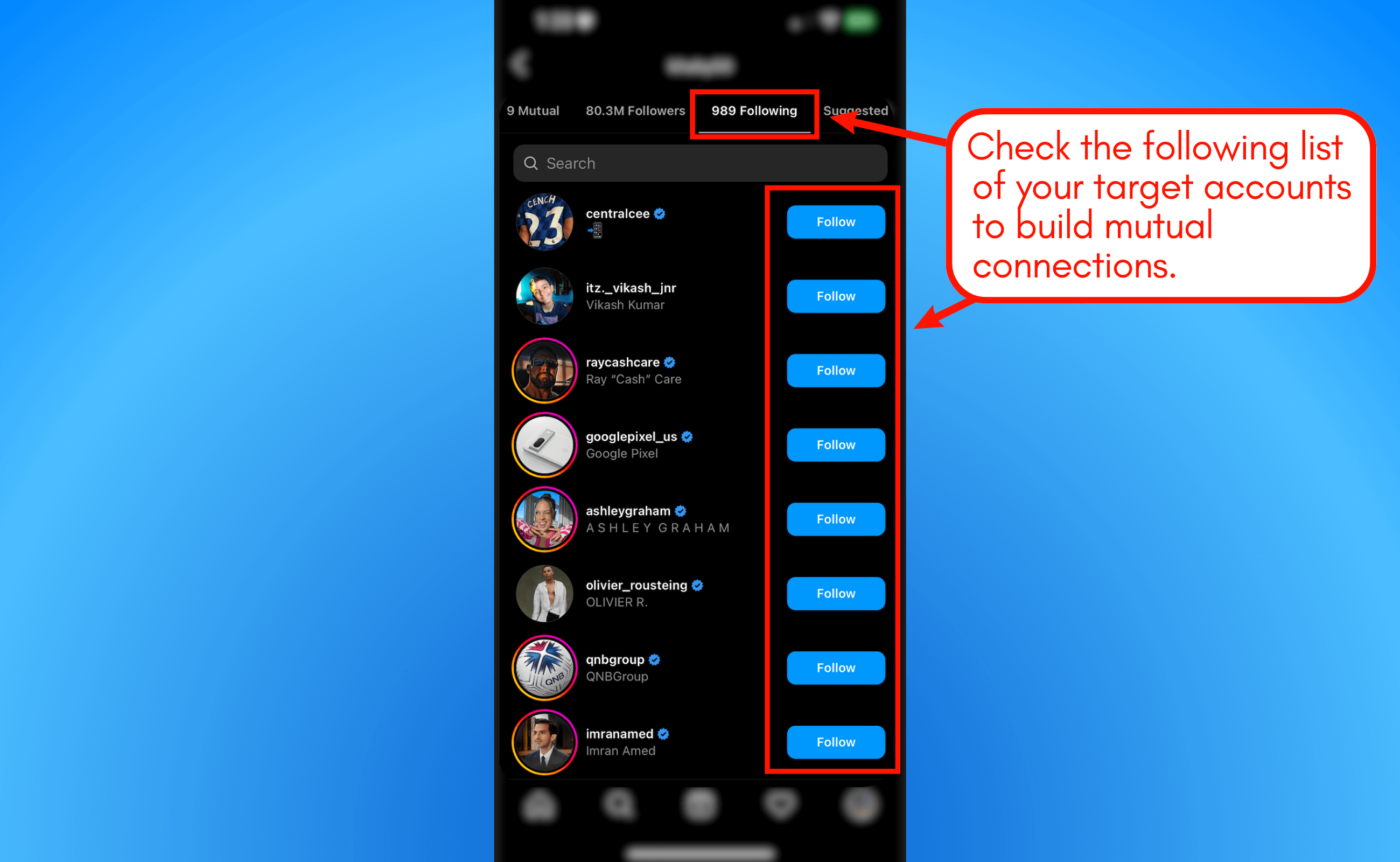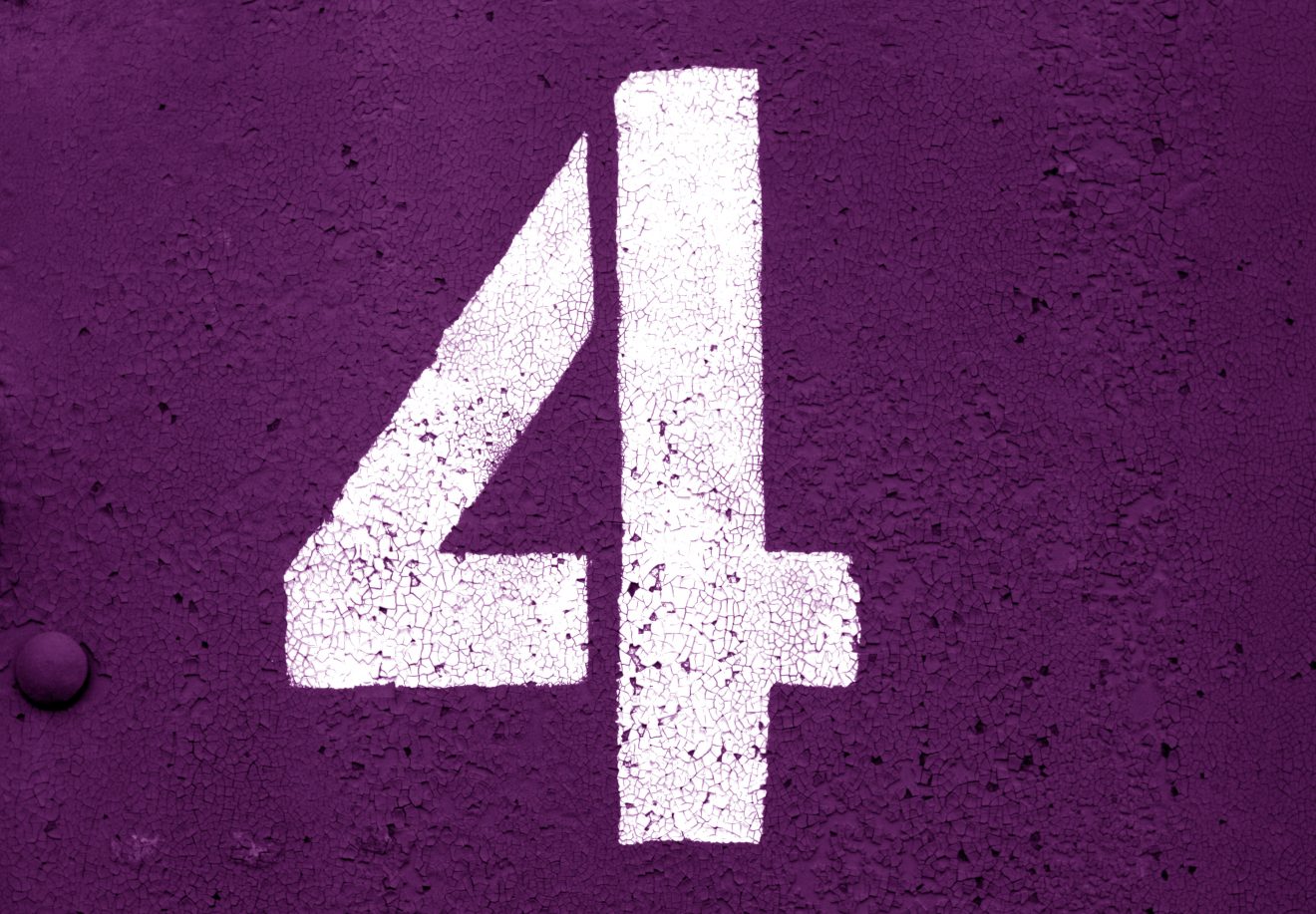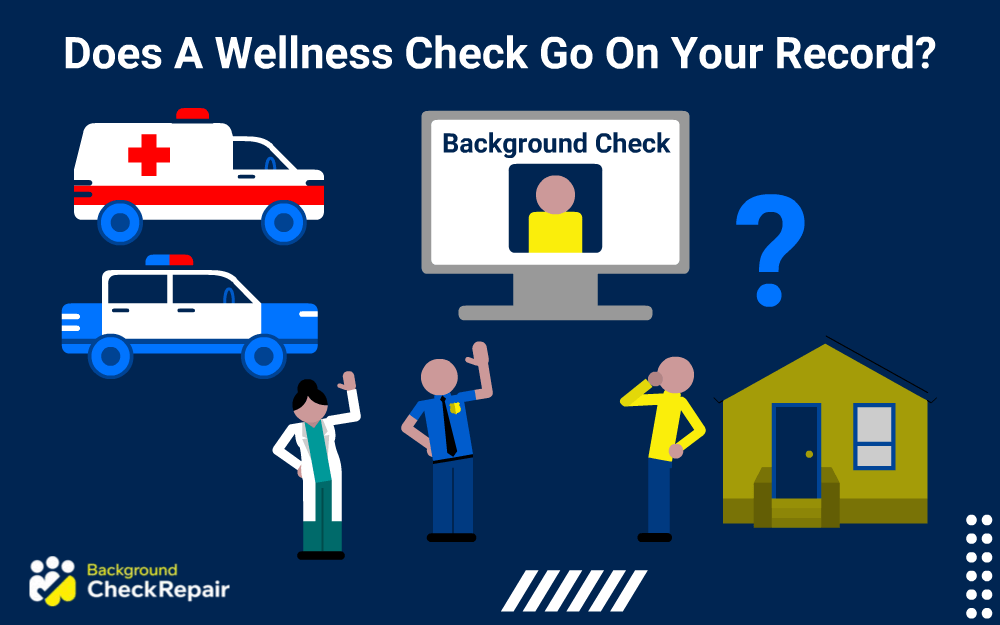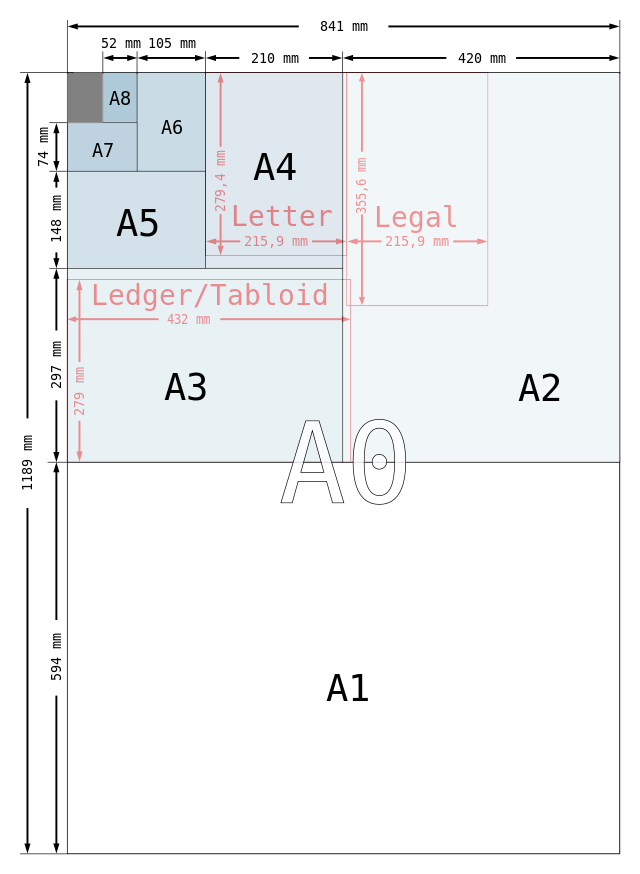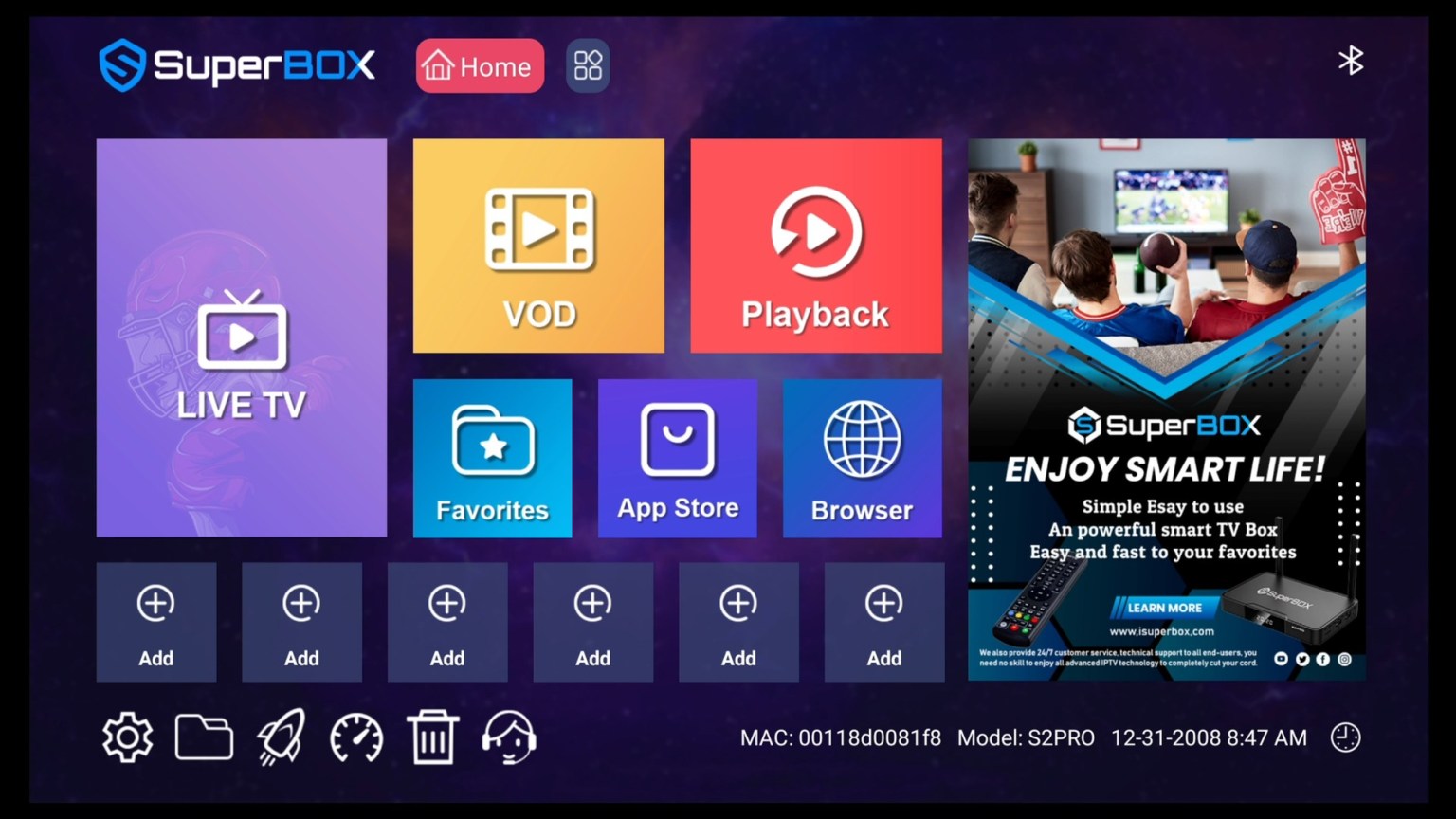Wellness Checks: Your Rights and When to Request One
Understanding wellness checks: your rights and responsibilities
Wellness checks represent a critical intersection between public safety and personal privacy rights. These police visits occur when someone express concern about another person’s wellbeing, create situations that require careful navigation by both citizens and law enforcement.
Do you have to answer the door for a wellness check?
The short answer is no – you’re not lawfully require answering your door for a wellness check. Nevertheless, this simple answer come with important nuances that every citizen should understand.
Your constitutional rights
The fourth amendment protect you from unreasonable searches and seizures, which include entry into your home. Police can not force entry during a wellness check unless they have probable cause to believe someone is in immediate danger or a crime is beincommittedit.
When officers arrive for a wellness check, they typically:
- Knock on your door and identify themselves
- Explain the reason for their visit
- Ask to speak with you or the person they’re checked on
- Request permission to enter your home
You maintain the right to decline their request to enter and can choose not to open the door. Nonetheless, your response may influence how the situation proceed.
When police may enter without permission
Certain circumstances allow officers to enter your home during a wellness check without your consent:
Exigent circumstances:
If officers hear sound suggest someone is in distress, see evidence of violence, or smell gas or smoke, they may enter to prevent harm.
Probable cause:
Evidence suggest a crime has occurred or someone is in immediate danger can justify entry.
Emergency aid doctrine:
When officers moderately believe someone need immediate medical assistance, they may enter to provide aid.
Best practices when officers arrive
Consider these approaches when face a wellness check:
Communicate through the door:
You can speak with officers without open the door, explain that you’re fine and don’t require assistance.
Step outdoors:
If you choose to interact, consider step out of door and close the door behind you, maintain control over access to your home.

Source: YouTube.com
Ask for identification:
Request to see badges and identification before engage in conversation.
Remain calm:
Hostile or erratic behavior may escalate the situation and provide justification for further action.
When should you call for a wellness check?
Wellness checks serve an important community safety function when use befittingly. Understand when to request one can potentially save lives while avoid unnecessary police involvement.
Appropriate situations for wellness checks
Elderly or vulnerable adults:
When an elderly neighbor, relative, or friend hasn’t been seen for several days and doesn’t respond to phone calls or knock on their door.
Mental health concerns:
If someone has express suicidal thoughts or exhibit concern behavior changes, and you can not reach them through normal means.
Medical conditions:
When someone with serious medical conditions like diabetes, heart problems, or mobility issues fail to maintain regular contact.
Unusual circumstances:
Situations like mail pile up, newspapers accumulate, or pets hear cry inside a home for extended periods.
Domestic violence concerns:
When you suspect someone may be in danger due to domestic violence but can not confirm their safety.
When not to request a wellness check
Avoid call for wellness checks in these situations:
Minor disagreements:
Don’t use wellness checks to resolve personal disputes or relationship conflicts.
Noise complaints:
Regular noise issues should be handled through appropriate channels, not wellness checks.
Suspicious activity:
If you suspect criminal activity, report it immediately instead than request a wellness check.
Harassment:
Ne’er use wellness checks as a form of harassment against neighbors or acquaintances.
How to request a wellness check
When request a wellness check, provide officers with:
- Complete address and apartment number if applicable
- Full name of the person you’re concerned about
- Specific reasons for your concern
- When you last place have contact with the person
- Any relevant medical or mental health information
- Your relationship to the person
- Your contact information
The process: what happen during a wellness check
Initial contact
Officers typically begin by knock on the door and announce their presence. They will explain that someone will request a wellness check and will ask to speak with the resident. The goal is to visually confirm the person’s safety and wellbeing.
If no one answers
When no one respond to knock, officers may:
- Check windows and doors for signs of distress
- Contact landlords or property managers for assistance
- Speak with neighbors about recent sightings
- Return at different times
- Contact emergency contacts if available
Escalation scenarios
Officers may escalate their response if they observe:
- Signs of forced entry or struggle
- Unusual odors suggest medical emergency
- Sounds of distress from inside
- Evidence of self harm or violence
- Utilities shut off for extended periods
Legal considerations and protections
Privacy rights
Your privacy rights remain intact during wellness checks. You can:
- Refuse entry to your home
- Choose not to answer questions
- Request to see a warrant
- Ask officers to leave your property
- Record the interaction (where lawfully permit )
Documentation
Keep records of wellness check interactions, include:

Source: YouTube.com
- Date and time of the visit
- Officers’ names and badge numbers
- Reason give for the check
- What was said and do
- Any concerns about the interaction
File complaints
If you believe officers overstep their authority during a wellness check, you can file complaints with:
- The police department’s internal affairs division
- Civilian oversight boards
- Civil rights organizations
- Legal counsel if rights violations occur
Special considerations
Mental health situations
Wellness checks involve mental health concerns require particular sensitivity. Many departments immediately employ crisis intervention teams train handling these situations befittingly. If you’re call about someone experience a mental health crisis, specifically request mental health train officers when available.
Vulnerable populations
Elderly individuals, people with disabilities, and those with limited English proficiency may need additional protections during wellness checks. Officers should accommodate communication needs and show extra patience with vulnerable populations.
Cultural sensitivity
Cultural differences in communication styles, family structures, and community relationships can affect wellness check interactions. Understand these differences help both citizens and officers navigate these situations more efficaciously.
Alternatives to police wellness checks
Consider these alternatives before call police:
Family and friends:
Contact mutual friends or family members who might check on the person.
Building management:
Landlords or property managers may be willing to check on tenants.
Social services:
Adult protective services can conduct welfare checks for vulnerable adults.
Medical professionals:
If the person have ongoing medical care, their healthcare providers might assist.
Religious organizations:
Churches, synagogues, mosques, and other religious institutions oftentimes provide welfare check services for members.
Prepare for potential wellness checks
Communication plans
Establish regular check in schedules with family and friends, specially if you live lone or have health concerns. This reduces the likelihood of unnecessary wellness checks.
Emergency contacts
Maintain update emergency contact lists with trust individuals who can vouch for your wellbeing if neededneed.
Medical information
Keep medical information and emergency contacts easy accessible for first responders if a genuine emergency occurs.
Building community support networks
Strong community connections reduce the need for formal wellness checks. Neighborly relationships, community groups, and regular social interactions create natural support systems that identify problems other and provide assistance before situations become emergencies.
Consider join or create:
- Neighborhood watch programs
- Senior check in services
- Community emergency response teams
- Local support groups
- Volunteer organizations
Understand your rights regard wellness checks while know when to request them create a balance between personal privacy and community safety. These interactions, when handle fittingly by all parties, serve their intended purpose of ensure community member well bee while respect constitutional protections. Whether you’reansweredr your door or consider call for a check on someone else, infodecision-makinging lead to better outcomes for everyone involve.
MORE FROM mumsearch.com

